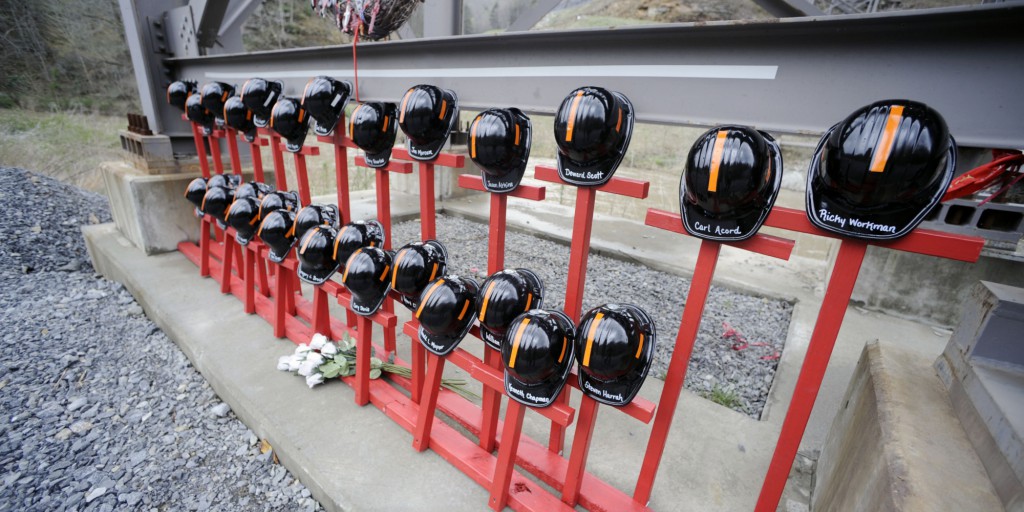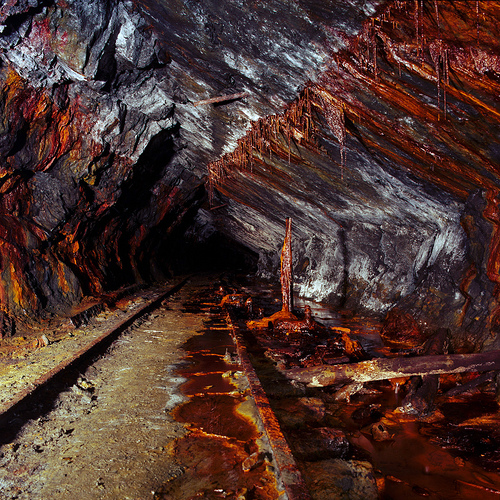
Safer Mines, Longer Lives
WV should start working harder to make safer work conditions for miners. I have a personal connection with this topic, as my grandfather was in a mining accident himself. My mother and I had a conversation, and 28 years later she still choked up talking about it. I don’t want any other families to have to go through this, so it is necessary that we take action on unsafe mines.
How would you feel not knowing if your loved ones were coming home safe? Every day is a risk when you have family in the mines. In May of 1988, my grandfather was in a mining accident. It took place when the mine’s dispatcher gave right of way to two people at the same time. When transporting coal, miners use carts called “Jeeps”. When my grandfather and the other man collided, he was crushed. He ended up in the hospital with several injuries, including broken ribs, crushed pelvis, a punctured lung and several broken bones. He was never able to work again, forcing him to take disability.
As stated above, working in the mines can cause life-altering injuries. If we made the environment more miner friendly, there would not be as many forced into retirement because of disability. When miners do take disability, it lowers income for many families. This could be prevented by miners unionizing and demanding better conditions. According to www.msha.gov , there have already been 10 coal related fatalities in 2016 and we’re not even half way through the year. Fortunately, MSHA released an initiative entitled “Rules to Live By”, which includes laws on fatality prevention, preventing catastrophic events, and preventing common mine deaths.
Another issue in the mines is owners abusing power. They don’t bother fixing safety violations because it costs too much money. In the Upper Big Branch Mine disaster, 1,000 feet underground, 29 out of 31 miners were killed in the explosion. The Mine Safety and Health Administration (MSHA) issued 369 citations:
“While the investigation found the physical conditions that led to the coal dust explosion were the result of a series of basic safety violations at UBB, which PCC and Massey disregarded, the report cites unlawful policies and practices implemented by PCC and Massey as the root cause of the explosion — including the intimidation of miners, advance notice of inspections, and two sets of books with hazards recorded in UBB’s internal production and maintenance book but not in the official examination book. The investigation found that the operator promoted and enforced a workplace culture that valued production over safety, including practices calculated to allow it to conduct mining operations in violation of the law.”
— MSHA News Release 11-1703-NAT
Several years later, mine owner Don Blankenship was only sentenced a year in jail for conspiring to willfully violate safety conditions. 29 men died that day because of Don Blankenship. Why is it that he gets away with 1 year, when the families of these miners have to suffer for the rest of their lives? This proves that it’s worth the extra money and effort to make safer mines.




